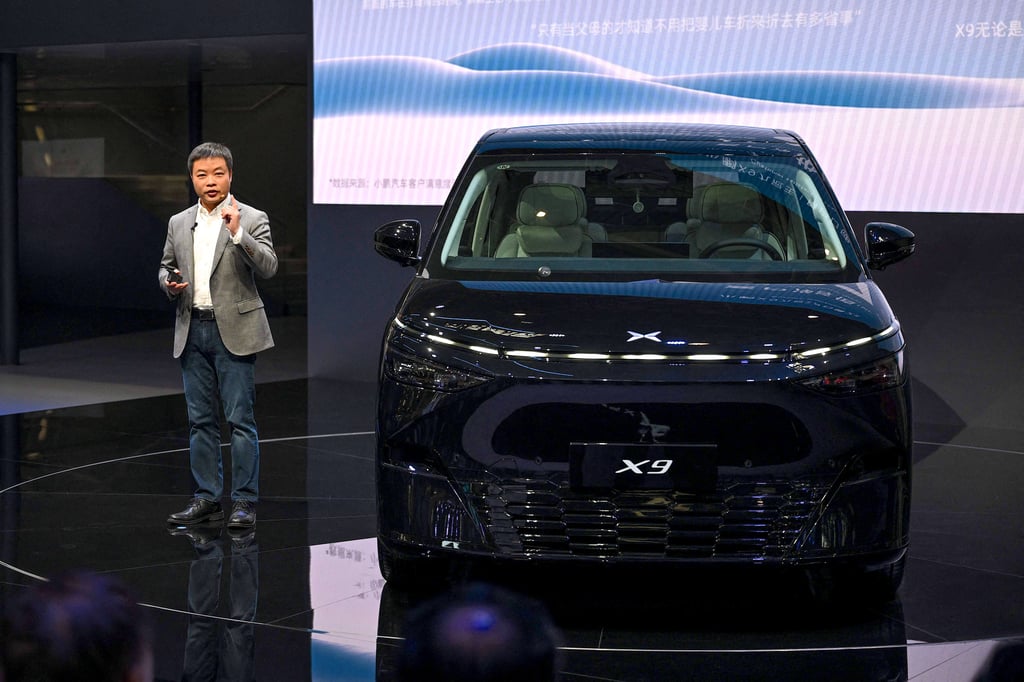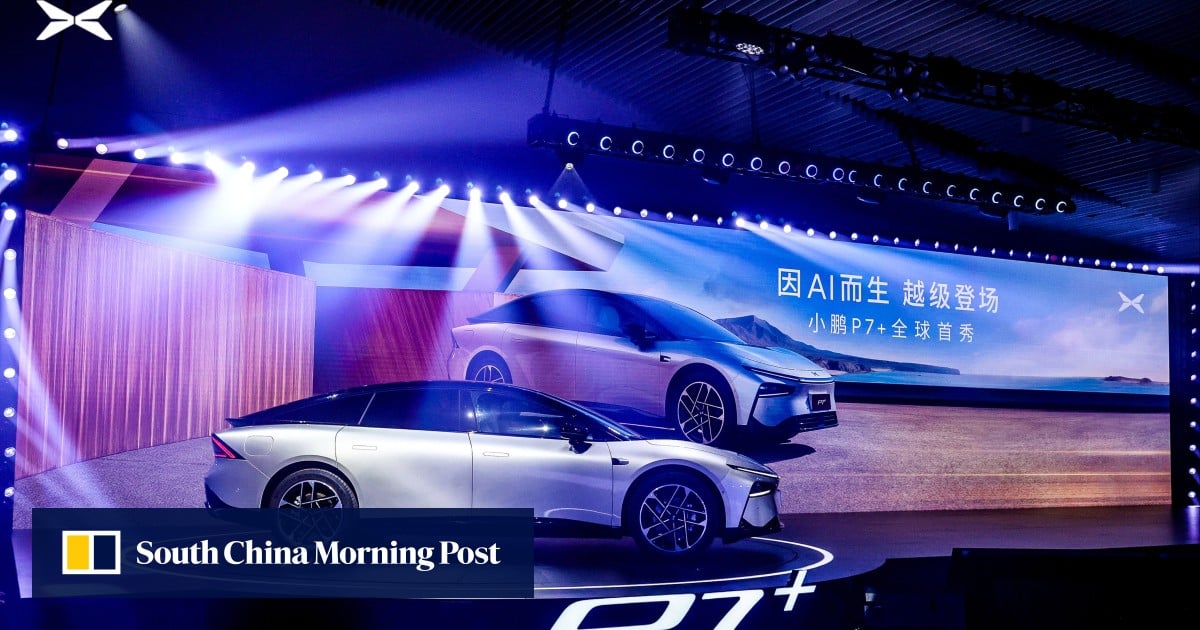Its new self-driving system fitted with Eagle Eye hardware and software has proven to be more accurate in information collection, according to He Xiaopeng, founder and CEO of the carmaker. The technology can enhance the autonomous capability of the P7+, a fully-electric sedan to rival Tesla’s Model 3.
“AI will be the foundation for developing EVs in the future,” he said in a virtual media briefing on Thursday. “AI technologies will be widely used in intelligent cars and we aim to create a benchmark AI-powered vehicle for the industry.”

While the Guangzhou-based EV maker has yet to disclose the price of the P7+, the firm has pledged to make it affordable to as many potential buyers as possible. The basic edition will offer up to 602km of driving range, versus 606km for the Model 3. Tesla prices the entry-level, Shanghai-made Model 3 at 231,900 yuan (US$32,764).
Tesla is developing its own Full Self-Driving (FSD) system, which does not use lidar sensors. While it is not yet approved for use in China, the FSD is likely to enter testing in the first quarter next year. Tesla charges US$8,000 to install FSD in the US, on top of a US$99 monthly subscription.

